Helping to shape the stories of tomorrow
15th December 2024
We all know that theatre has immense value both socially and culturally. It’s vital for challenging ideas, telling stories that matter, having important discussions and providing platforms for new and experienced voices.
While the arts are invaluable to us all in many ways, the path for young people entering the theatre industry is not made easy and can be challenging.
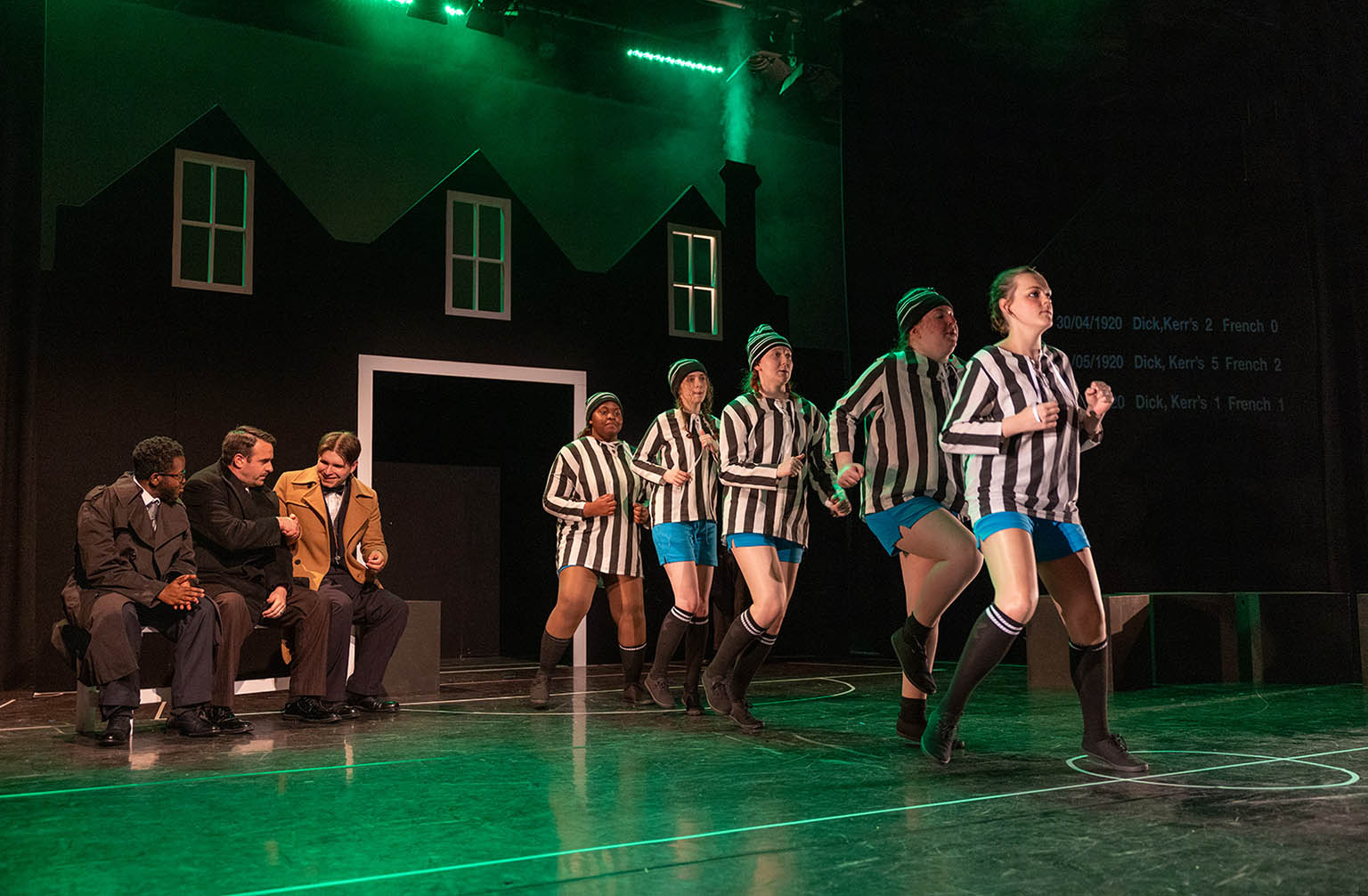
With the limits on funding, reduction in resources and training, competitive job markets, lack of opportunities, poor pay and lack of job security, these factors can discourage many, particularly the next generation, from entering the industry despite their talent and passion for the arts.
That is why we are helping to break down these barriers and offer valuable opportunities and education programmes to give young people the experience, expert knowledge and the right tools to get them motivated and prepared for a career in the arts.
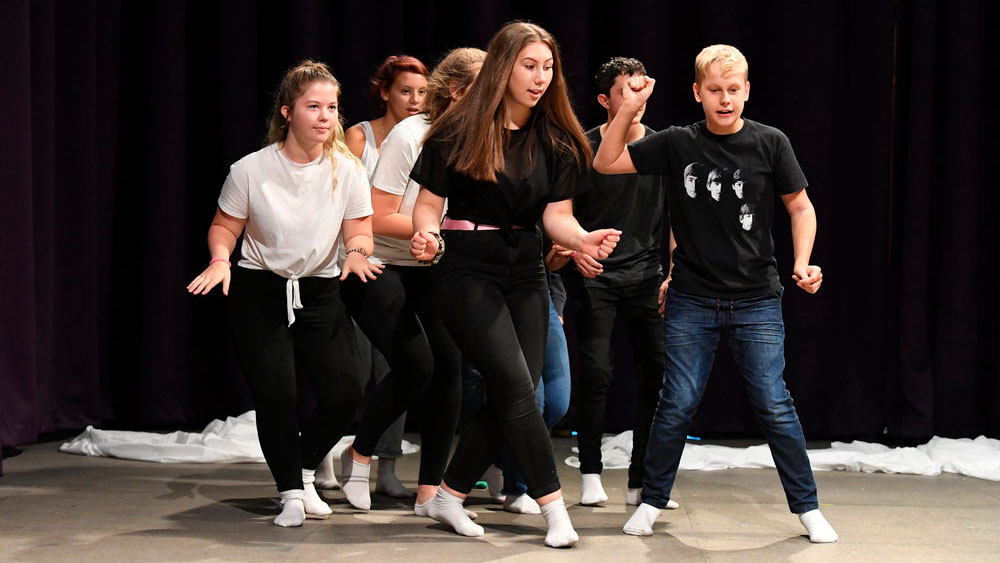
Arts and culture should be available and accessible to everyone. It’s a medium for expression, which everyone is entitled to. We aim to grow young people creatively, professionally and personally by instilling creativity, inspiring imaginations, and boosting skills and confidence.
We want to play our part in inspiring and training the next generation of theatre makers and we do this through providing the opportunity to be in our community and professional productions both on stage and behind the scenes, and also via our interactive and engaging workshops, including stage combat, playwriting, improvisation and audition techniques.
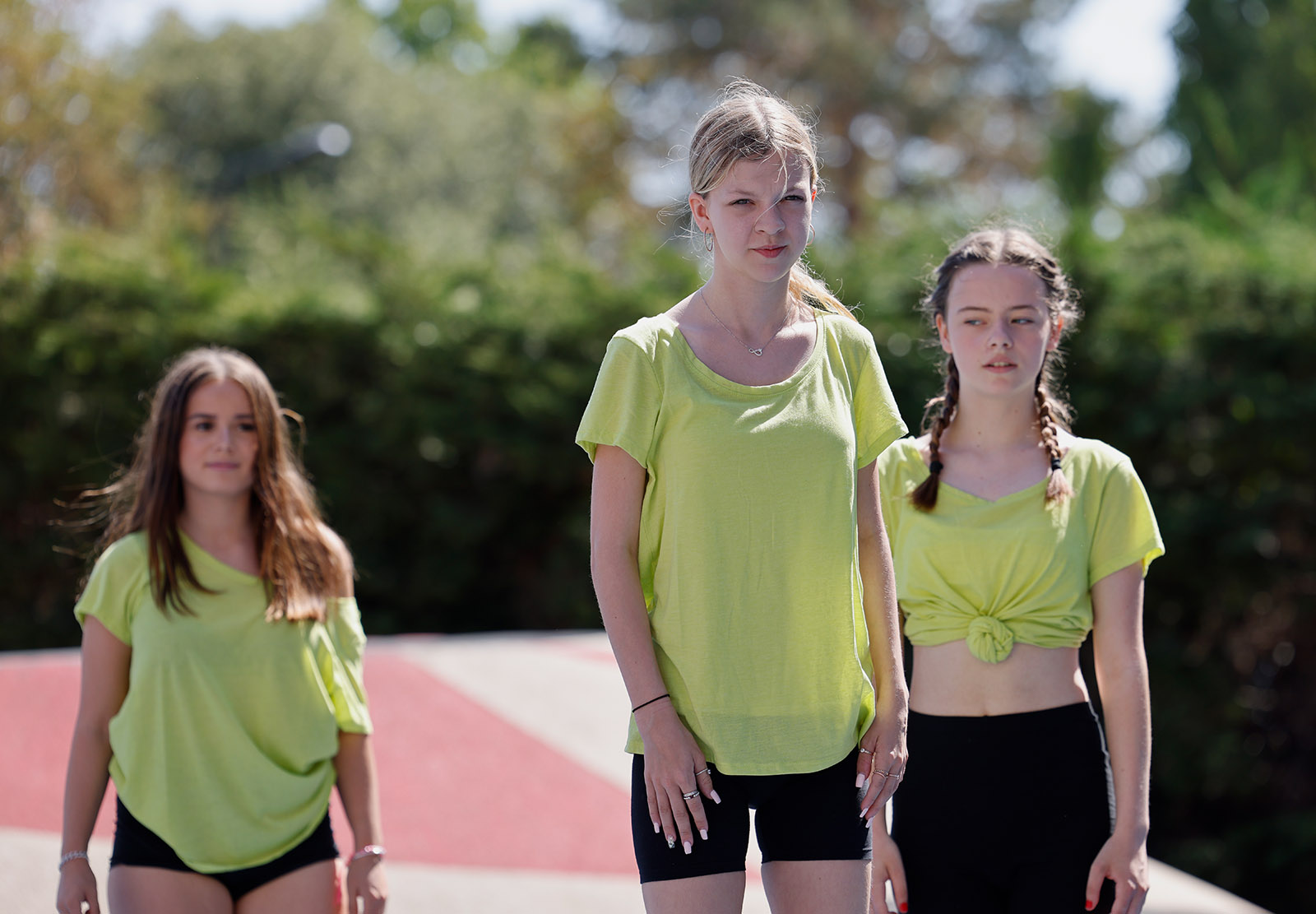
We see our young people grow in confidence through all stages of the process, whether performing on stage or writing a new play. It’s wonderful to see them thrive and their passion and talent shine through.
By making our productions and courses accessible we open up our experiences to everyone. We want everyone to have the opportunity to share their story and shine a spotlight on talent.
Working with young people also teaches us new things. They bring new perspectives, stories and ideas, new working methods and innovation, which are vital to helping us create plays that are relevant, timely and meaningful to young audiences. We’re not only looking to get young people on the stage, but we also want them to purchase theatre tickets - so we must tell the right stories that resonate.
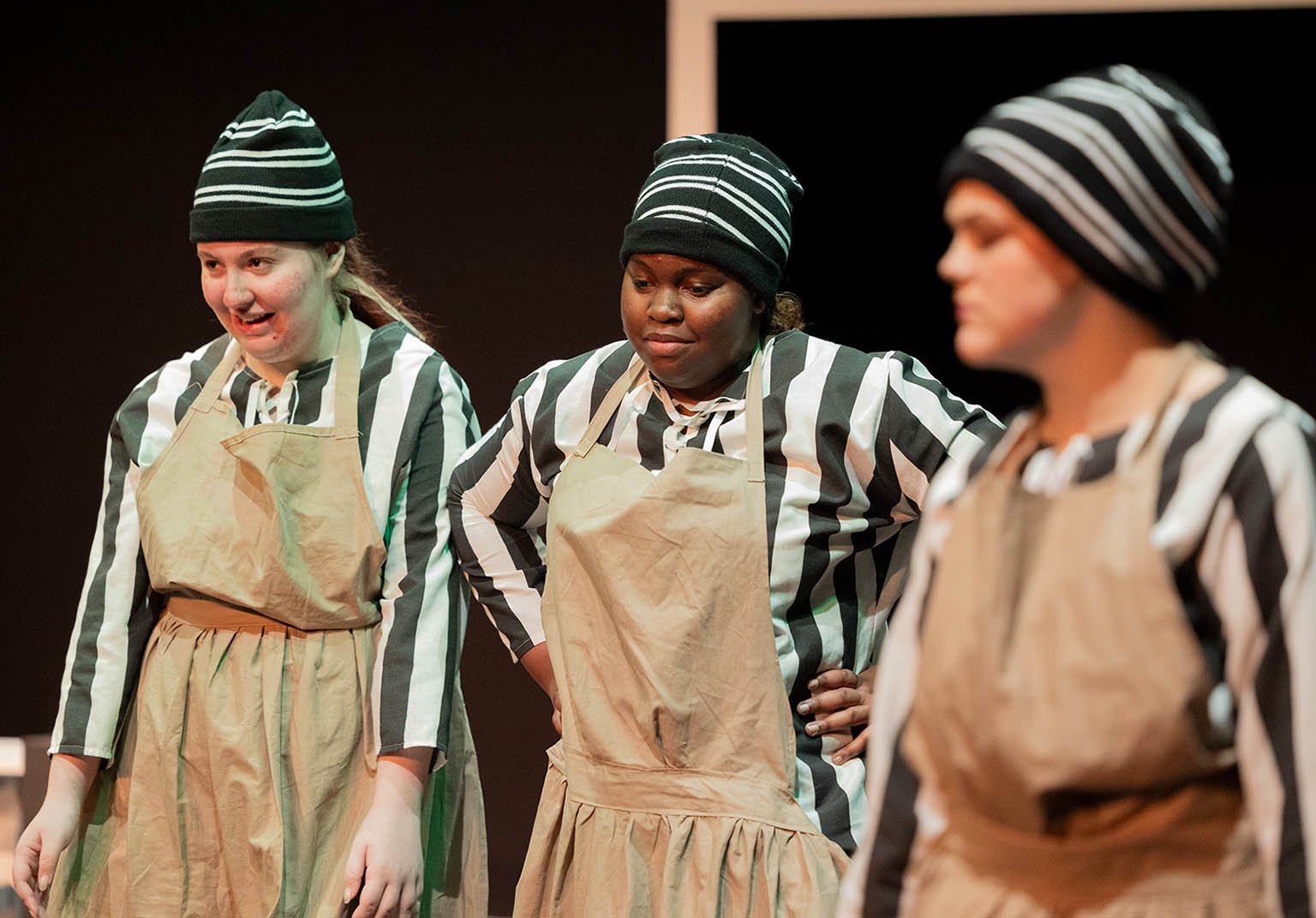
Our young people come from Milton Keynes and surrounding areas and come from diverse backgrounds with interesting experiences. We must tell these stories.
We are investing in the future of theatre and cultivating the next artistic directors, creatives, leaders, theatre owners, innovators and more. By supporting young theatre makers, we are supporting the industry ensuring it remains viable, vibrant and versatile.
Without new talent, what do we have? An industry that will remain the same and eventually turn stagnant. We need to breathe new life into theatre and to do this we need to bring in new blood.
We have been working with Offset Projects in Milton Keynes to get a feel for how young people find the Milton Keynes’ arts scene. We held a two-hour consultation last month with several young people who spoke about their experiences and opinions on previous and current projects, opportunities and more, which was incredibly valuable to us. This discussion will help us to shape our future programmes. There has also been an online survey, which has gone out to a wide number of groups. This is all part of our work for the Creative Youth Board (CYB), which has been funded by the Arts Council and has been part of our recent and third “Taking the Stage” Festival.
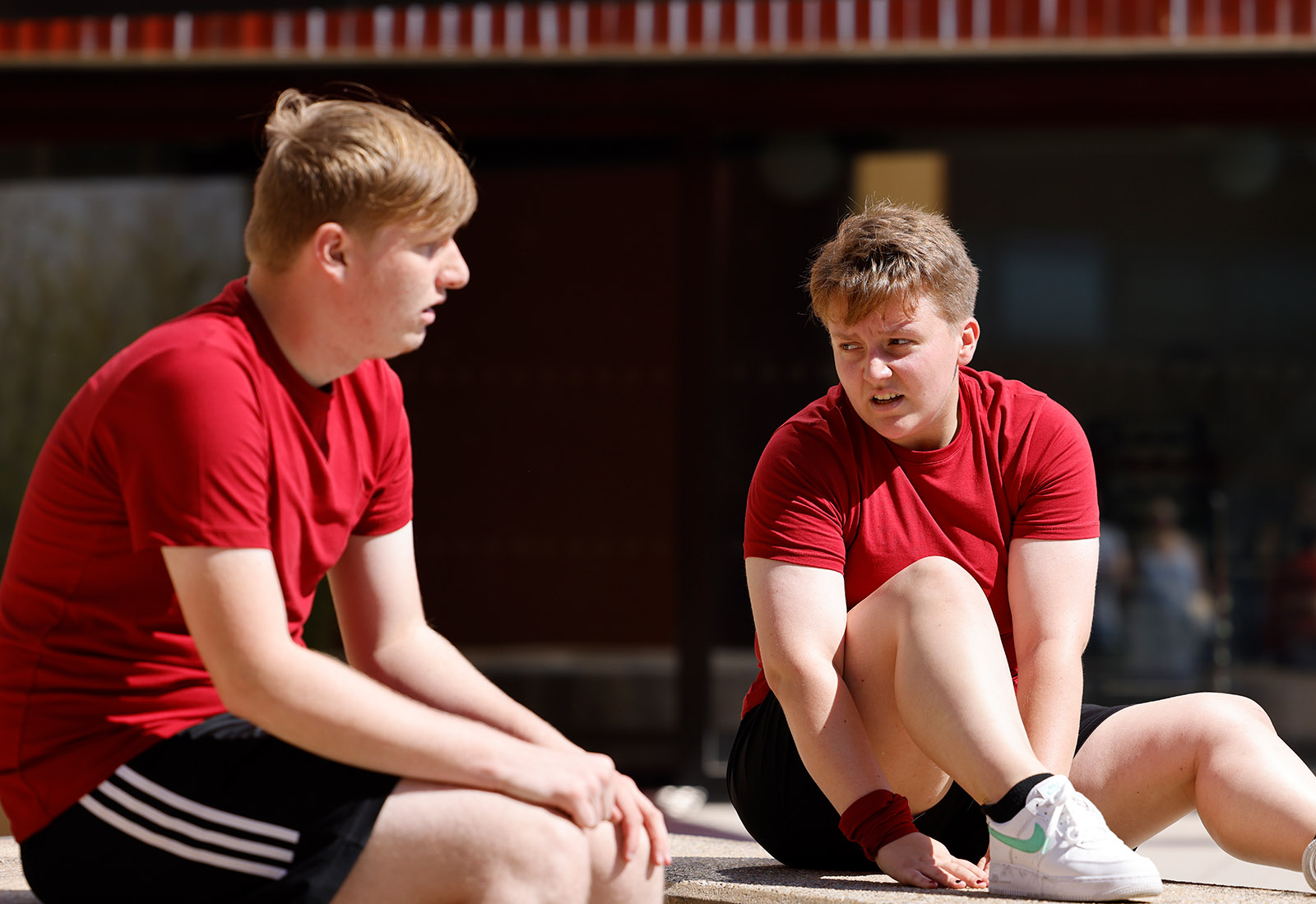
A snapshot of the results from the consultation showed that the young people surveyed had mixed perceptions and experiences of venue spaces in Milton Keynes, noting the lack of entry-level of fringe spaces available. One commented, “In MK, there’s no entry-level. A lot of the stages are polished. Unless they’re attached to a school. You don’t get those fringe spaces – attached to a coffee shop, experimental…”
Feelings were also mixed when it comes to the quality of learning and career opportunities available in the area, but the young people agreed there needs to be more. One young person said: “There are amazing opportunities – we are so lucky to have fantastic theatres, youth groups, and performance companies.” While another said: “There are very limited opportunities for a working career in performing arts. Schools offer a lot of opportunities but it’s difficult to find a career in performing arts after school has ended.”
The opportunities also need to be better advertised as many are missed or not seen until it’s too late. On respondent said: “I find that it is often hard to find these events as a young person unless I look for it, therefore engagement and advertising might be a priority.”
It was unanimous that financial barriers were a major challenge to accessing opportunities. Feedback here included: “I believe there are opportunities in the arts if you have the means.” “Theatre is by no means accessible. It’s about what you know and how much money you have to make your dreams a realty.” “Milton Keynes loses a lot of talent. I know so many people from my sixth form who had a creative outlook and they’ve gone to the cities where these opportunities are.”
We have a lot more results to share with you, but the key takeaway from this consultation is that these young people are desperate for support and for things to change. They want to help make a difference to the future of the arts in Milton Keynes.
Regular consultations and discussions like we have been having with young people in the arts are crucial for us to continue creating diverse and accessible theatre for all and shaping the stories of tomorrow.
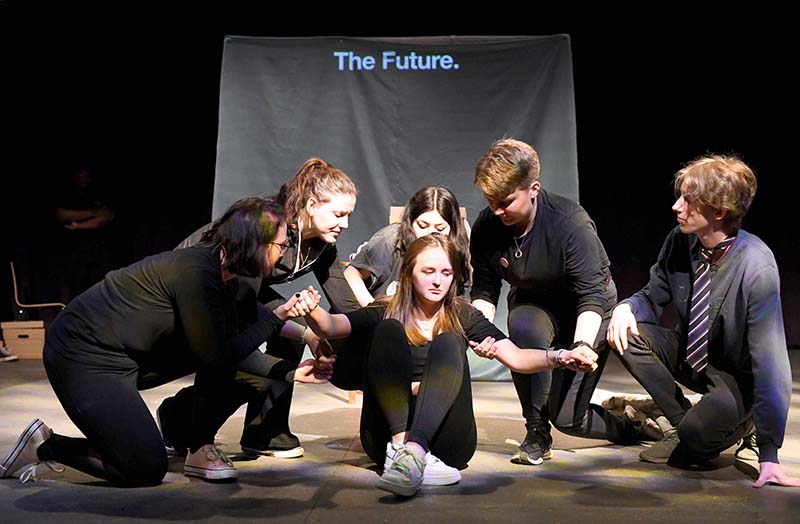
We, and all other theatre makers, have a responsibility to support the younger generation, nurture the future and ensure our theatre industry stays alive.
Without our investment in young people and this essential piece of work, I do worry about the future of theatre.
Are you working with the next generation of theatre makers? How are you involving them in your work?